Boiling eggs in a kettle usually takes 8-12 minutes, depending on the size of the eggs and the desired ripeness.
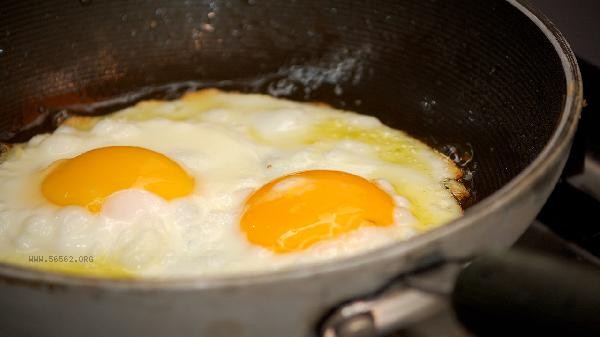
When boiling eggs in a kettle, add the eggs after the water boils, and keep them slightly boiling over low heat. If you like soft boiled eggs, boil for about 8 minutes. At this time, the egg white will solidify and the yolk will be semi liquid. Fully cooked eggs need to be boiled for 10-12 minutes, with the yolk completely solidified but not too dry and hard. It should be noted that eggs should be taken out of the refrigerator and allowed to cool down to avoid being directly put into boiling water, which may cause the eggshell to break. During the cooking process, gently flip the eggs to ensure even heating.
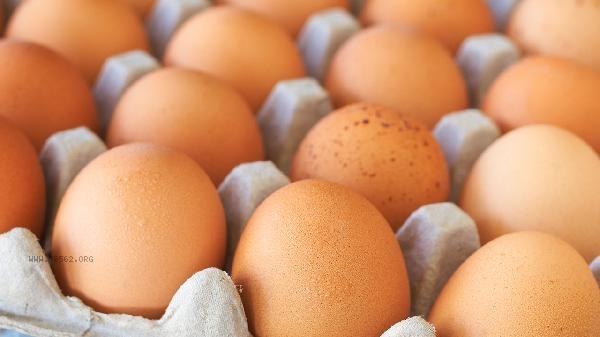
When boiling eggs in a boiling water pot, make sure that the water level completely covers the egg body to avoid dry burning and damaging the container. If the capacity of the kettle is small or the power is high, it can be shortened by 1-2 minutes appropriately. After boiled eggs with shells, they should be immediately rinsed with cold water to facilitate peeling and prevent residual heat from continuing to heat and affecting the taste. It is not recommended to boil eggs repeatedly in a kettle, as it may accelerate the formation of scale and affect the service life.
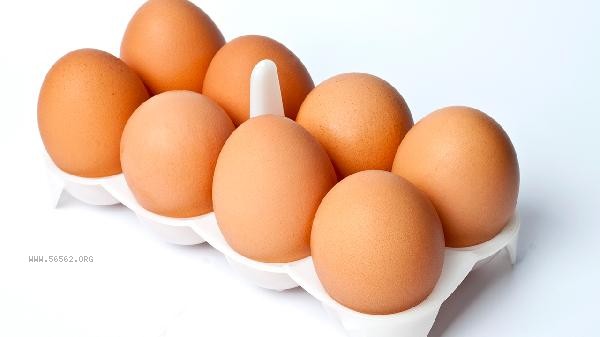
When cooking eggs, you can pair them with a little salt or white vinegar to prevent the egg liquid from seeping out, and choose fresh eggs for a better taste. It is recommended to cook eggs in a diverse way in daily diet, such as alternating between boiled eggs, steamed eggs, and fried eggs, to avoid a single nutrient. Note that although eggs are rich in high-quality protein and phospholipids, their daily intake should not be too high. For ordinary adults, 1-2 eggs per day are recommended. People with high cholesterol should follow medical advice to control their intake.

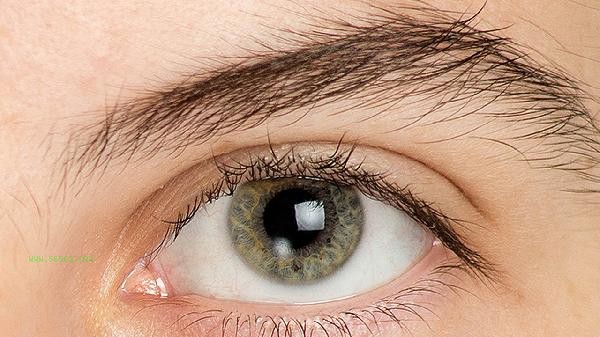

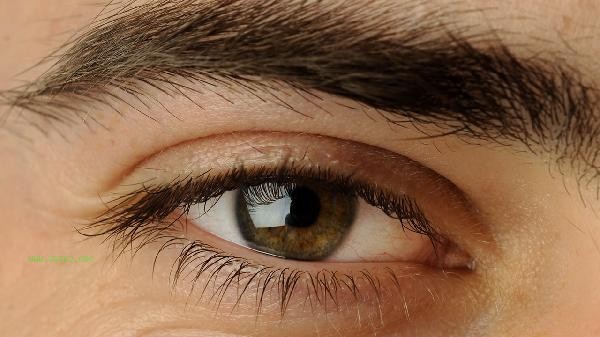
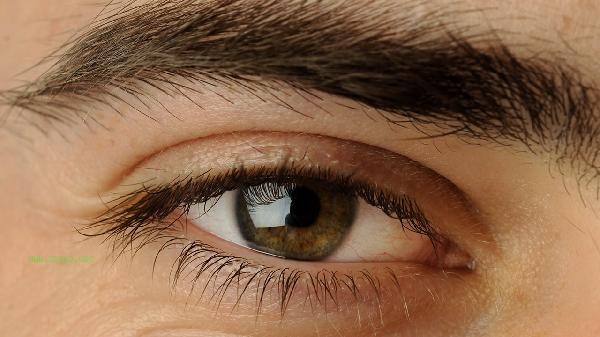
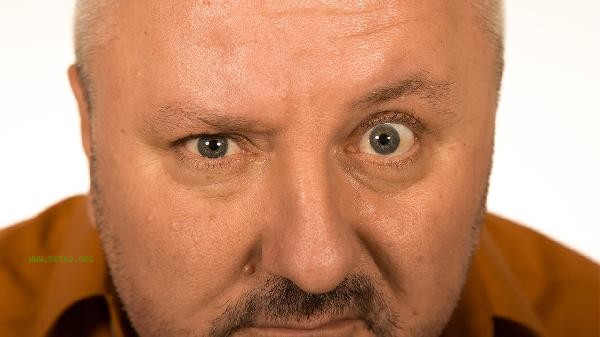


Comments (0)
Leave a Comment
No comments yet
Be the first to share your thoughts!